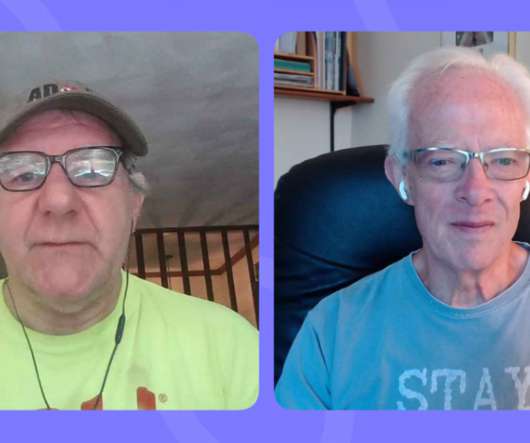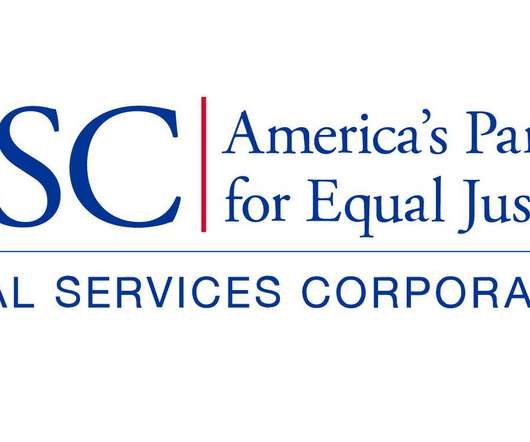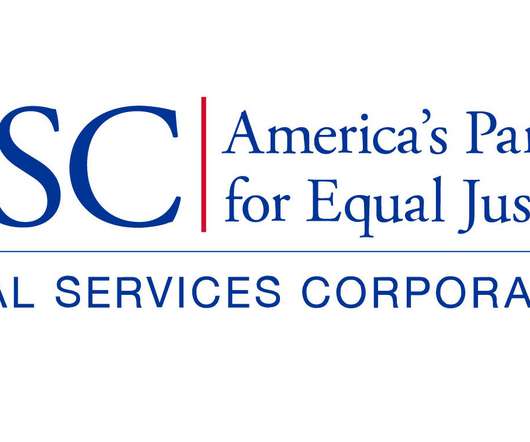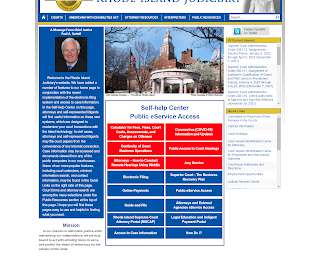LawNext Podcast: CALI Executive Director John Mayer on Using Tech to Advance Legal Education and Access to Justice
LawSites
JULY 21, 2022
For 28 years, John Mayer has been executive director of the Center for Computer-Assisted Legal Instruction , or CALI, a non-profit consortium of some 200 law schools that describes itself as “the innovative force pushing legal education toward change for the better.”














Let's personalize your content